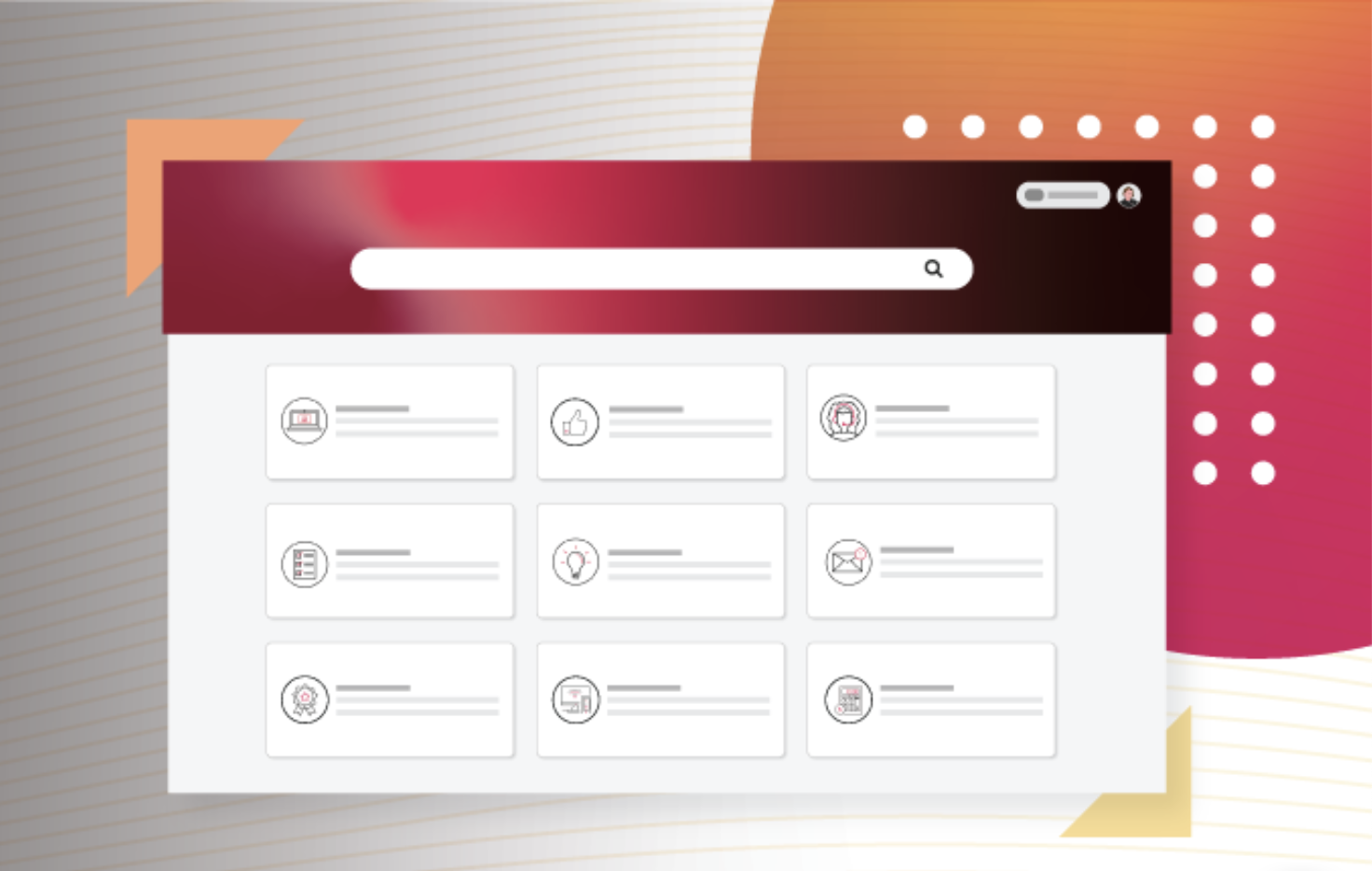5 Phrases to Watch Out for During Daily Scrum
Having coached dozens of Scrum teams over the past few years, I have seen all kinds of variations of the Daily Scrum, some good and some bad. It is very interesting that arguably the simplest Scrum event – the Daily Scrum – seems to be the most difficult for many teams to adopt and apply effectively.
The Scrum Guide (2017) states that some Scrum teams follow the 3 questions that most teams have adopted and view as the “standard”, while other teams may follow a more conversational approach. While there are many different variations on how a Daily Scrum is run, in my experience, there are merely a handful of phrases that I believe to be key detractors that can quickly turn a Daily Scrum into an ineffective collaboration event. You may have noticed that I purposefully avoided using the term “meeting” because I do not see the Daily Scrum as a “meeting”; this is just one example to highlight the importance of terminology, especially for new teams that are trying to adopt a new way of thinking and working.
In this article, I will share a few key phrases from ineffective Daily Scrums. I believe that if you can minimize the use of these phrases, you will have a much higher chance of accelerating your team’s performance through higher level of team engagement.
Phrase #1 – “No impediments/blockers, right?”
As the Scrum Master, your job is to teach the team to have the Daily Scrum efficiently, but often times, I see many Scrum Masters try to rush through this important event. One phrase that I highly discourage teams to say is “No impediments, right?” If we keep in mind that one of the most important goals of the Daily Scrum is to identify issues, we want to avoid “leading the witness” by encouraging a team member to skip right past this part! Encourage issues to be shared (but not solved)!
Phrase #2 – “What’s your status update?”
An effective Daily Scrum should not be seen as a “status meeting”. The team is not there to report status to anyone, but to share progress towards a common goal. Asking a team member to report status will only serve as a negative reinforcement, and add unfavorable sentiments to the Daily Scrum which could impede the team’s ability to mature.
Phrase #3 – “Do you have anything to share with the team?”
Everyone on the Scrum Team should have something to share with the team at the Daily Scrum. If not, then there is a bigger problem that needs to be addressed. Avoid asking this type of question so that everyone has a chance to share and collaborate.
Phrase #4 – “Why is XYZ not working?”
At the Daily Scrum, any comments or questions that start with “how” or “why” should raise a yellow flag immediately. These types of questions plant the seeds for larger, detailed conversations that should be held outside of the Daily Scrum. If someone on your team starts with this type of phrase, try to refocus the team by stating that such discussions will be held during the “meet-after” at the conclusion of the Daily Scrum. If someone needs to ask a simple yes/no question, let it go and see where the conversation goes. Striking the delicate balance between efficiency and excessive rigor is a challenge that most Scrum Masters need to master over years of practice.
Phrase #5 – “Still working on User Story XYZ. No impediments.”
Variation – “I don’t have much to report…”
If someone on your Scrum team says “still working on task…”, try to dig deeper to find out what’s really going on, especially if this has been occurring for multiple days. This may be a sign of work being too large, too complex, or both. Encourage this team member to break down the work into smaller units so that progress can be made towards the Sprint Goal.
If one of your team members says this phrase, it may be a sign that there are issues with his/her task. Sometimes technical people want to solve the problems for themselves and are reluctant to ask for help because they consider that as a sign of ignorance of lack of expertise. Encourage the team to be transparent about the progress of their work, and ask for help if they are stuck!



